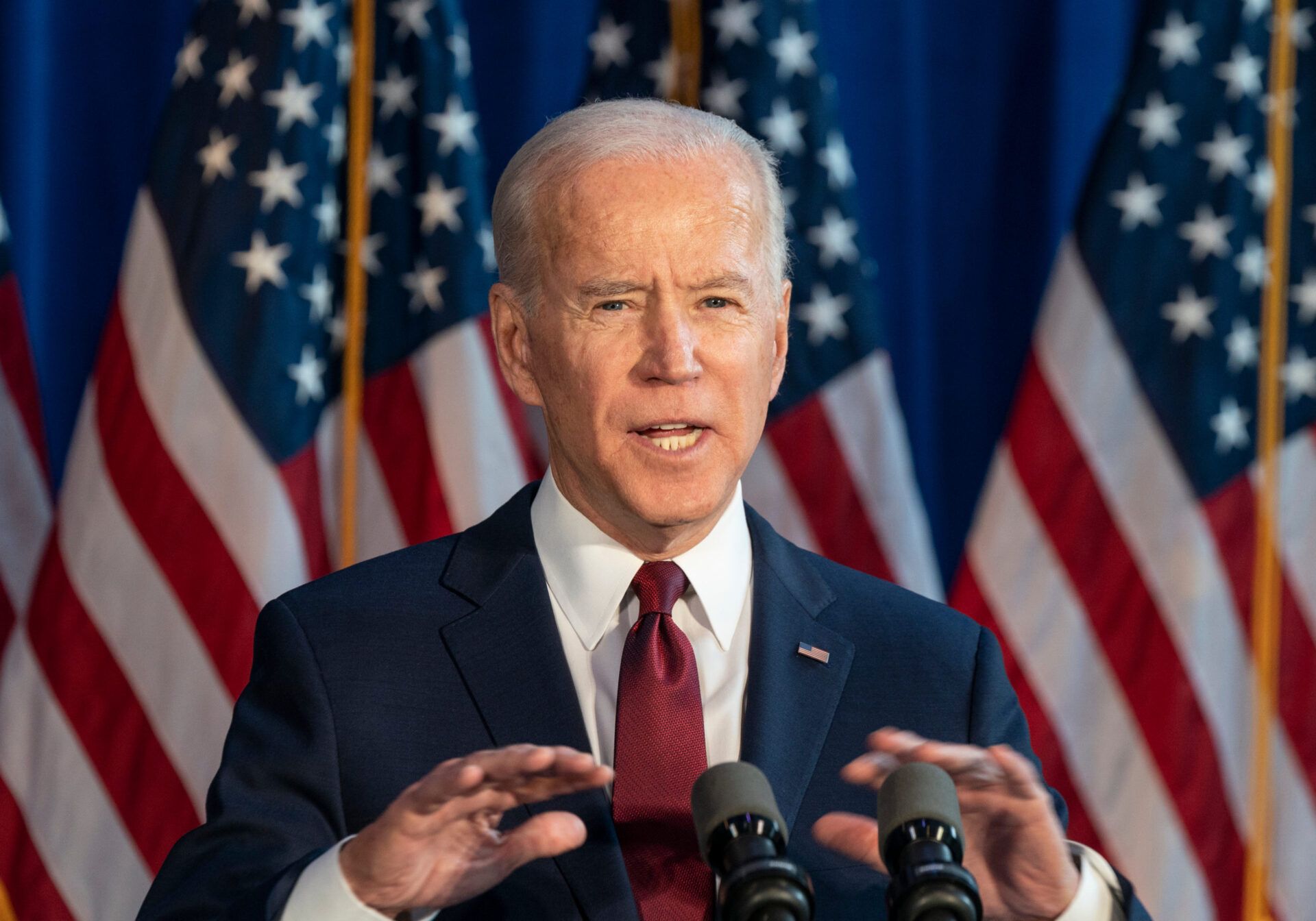President Joe Biden on Wednesday announced a major initiative to bolster affordable housing in the face of a surge in home prices that is preventing some Americans from becoming homeowners.
“The large and long-standing gap between the supply and demand of affordable homes for both renters and homeowners make it harder for families to buy their first home and drives up the cost of rent. Higher housing costs also crowd out other investments families can and should make to improve their lives, such as investments in education,” the White House said in a statement. “President Biden is committed to using every tool available in government to produce more affordable housing supply as quickly as possible, and to make supply available to families in need of affordable, quality housing — rather than to large investors.”
In a blog post, the White House outlined the Biden administration’s plans to increase mortgage availability through Freddie Mac and Fannie Mae, as well as make it easier to buy homes that didn’t sell at foreclosure auctions, thereby delivering 100,000 affordable homes over three years.
Federal subsidies, leveraging the low-income housing tax credit, a new tax credit for construction in economically vulnerable neighborhoods, and incentives for new zoning and land-use rules at the local level will encourage the construction and renovation of an estimated 2 million homes, the administration says.
The plan would also increase financing options for apartment buildings with tax credits, loans, and grants.
Pieces of this plan are already in motion. The Federal Housing Finance Agency announced Fannie Mae and Freddie Mac can each invest up to $850 million annually in the Low-Income Housing Tax Credit market as equity investors, up from $500 million.
Home prices have surged in the last year as a result of low supply and high demand.
Housing start numbers fell in July due to a shortage of labor and high input costs. But the number of Americans looking to buy homes has increased as Millennials enter their thirties and “work from home” becomes more common.
House prices skyrocketed as a result, far faster than wages, making it difficult for first-time buyers to save down payments. The FHFA’s Q2 House Price Index saw its largest-ever annual gain, with house prices rising 17.4% year-over-year, up from 12.6% in the last quarter. Freddie Mac estimates the US is short 3.8 million single-family homes. That estimate represents a 52% rise in the nation’s home shortage compared with 2018.
Those who do find a house in their price range often find themselves outbid by cash-rich investors who offer sellers far more than the asking price. Potential homebuyers then stay in their rentals longer, driving up rent prices.
Almost half of renters spend more than 30% of their income on housing, making them cost-burdened.
“These dynamics mean that the critically important “bottom rung” of the home-ownership ladder is far too out-of-reach for young families trying to start building housing wealth,” the post noted.
But some are skeptical that the Biden administration can achieve real changes in affordable housing. The Tax Foundation, an independent tax policy nonprofit, argued this year that Biden’s proposed tax plans will hinder the housing market and offset the usefulness of tax credits.
Others warn the administration will have to do more than offer financial incentives. On the topic of zoning changes, former Obama administration housing advisor Jim Parrot said, “All these places are reluctant to touch zoning, or it would have been done already.”
Success, he added, “depends totally on how big the carrot is and whether they deploy sticks.”
